


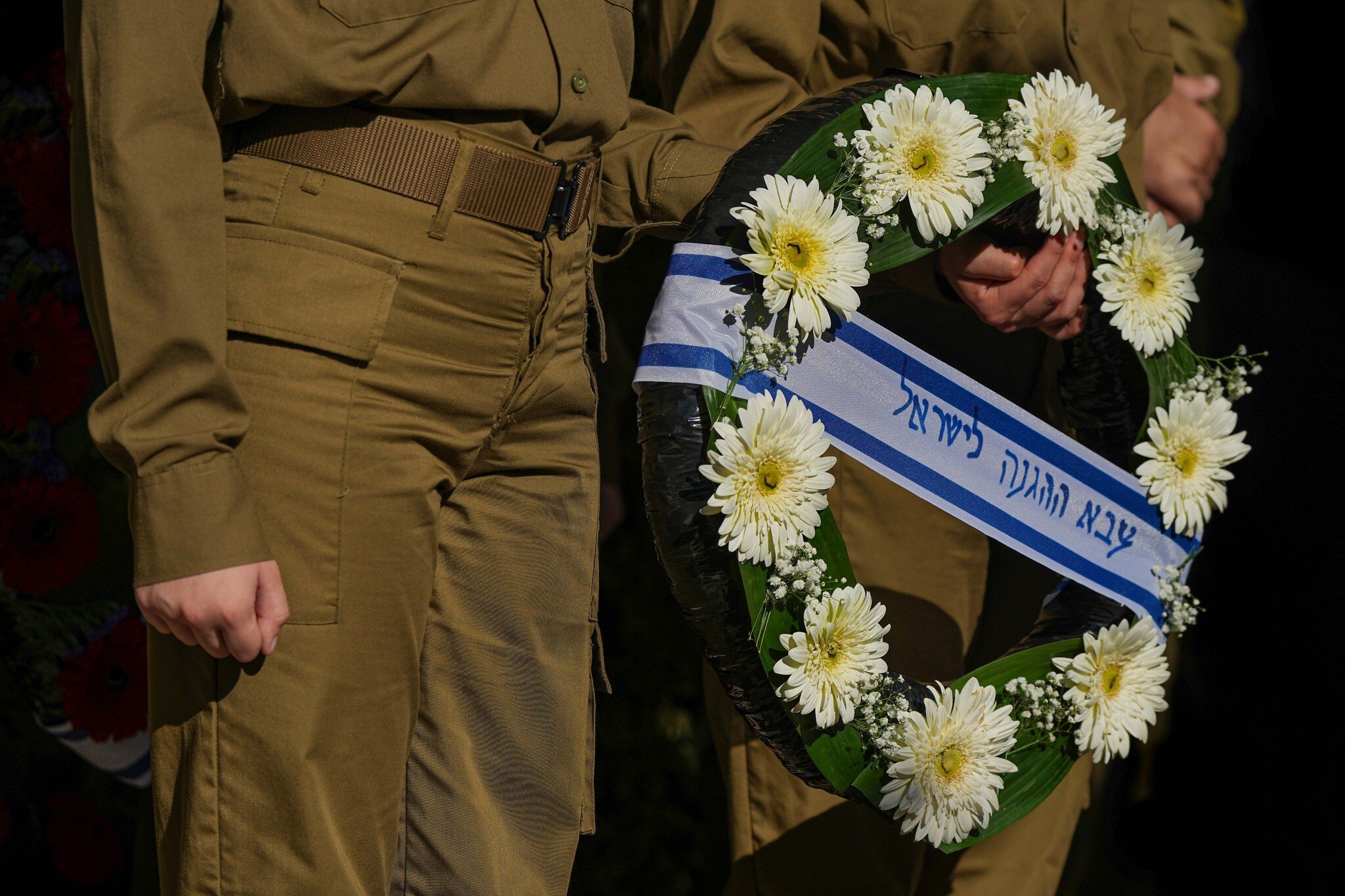
A string of suicides among Israeli soldiers over less than two weeks this July has reignited concerns over the military’s mental health system, with experts warning that the war’s prolonged psychological toll is pushing troops past their limits.
The first case to draw national attention this month was that of Daniel Edri, a reservist who died by suicide on July 5 after struggling with post-traumatic stress disorder stemming from his combat service in Gaza and Lebanon.
His mother, Sigal Edri, told the Ynet news site that Daniel would describe vivid flashbacks — seeing flames, smelling bodies — and often awoke in the middle of the night in a panic, convinced he was back on the battlefield. In his final days, he spoke openly about ending his life, fearing that living with PTSD would be unbearable.
In the days that followed, two additional IDF soldiers were found dead in separate incidents of suspected suicide — one on July 9 at a base in southern Israel, and another on July 14 at a base in the north.
On July 15, Cpl. Dan Phillipson, a paratrooper in training, was seriously wounded in an apparent attempt to end his life at a training base in southern Israel. Phillipson, a lone soldier from Norway who had moved to Israel a year ago to enlist, was hospitalized but ultimately succumbed to his injuries on Sunday.
Dr. Leah Shelef, a clinical social worker and leading expert on suicide within the IDF, told The Times of Israel that this isn’t the first time the military has faced a sudden spike in suicides.

“Suicides have a contagious effect,” she said. “There have been months in the past in which three soldiers died by suicide in close succession.”
The most recent wave of tragedies prompted nine members of the Knesset’s Foreign Affairs and Defense Committee to issue a formal letter, demanding an urgent discussion on the issue and warning that the IDF’s current approach risks eroding public trust and failing vulnerable soldiers in their time of need.
The letter, shared last Tuesday by Army Radio correspondent Doron Kadosh on X, was addressed to committee chair Likud MK Yuli Edelstein and initiated by Labor MK Merav Michaeli in response to the IDF Personnel Directorate’s ongoing refusal to release data on suicide cases within the military.
Kadosh noted in his post that he had repeatedly contacted the IDF in recent months requesting the figures, including earlier that same day, but was consistently denied access.
“The very refusal to disclose the data is cause for concern and undermines public trust in the IDF,” the letter read. “In a reality where IDF soldiers are under heavier psychological strain than ever before, it is essential to clarify the full picture and ensure that every possible step is being taken to prevent the unnecessary loss of soldiers’ lives — lives of those who need support and help.”
However, Shelef noted that the IDF’s decision not to release updated data is consistent with its usual practice.
The army publishes its suicide statistics once a year. But people are presenting it as if the IDF is deliberately withholding information
“The army publishes its suicide statistics once a year,” she said. “But people are presenting it as if the IDF is deliberately withholding information.”
In her view, the military’s current approach is appropriate: “I think the right thing to do is to release the data annually,” she said, emphasizing the importance of reviewing a full year’s figures to identify meaningful trends, avoid misinterpreting isolated cases, and shape more effective, long-term prevention strategies.
The most recent data was released in early January, showing a rise in suspected suicides since the start of the war.
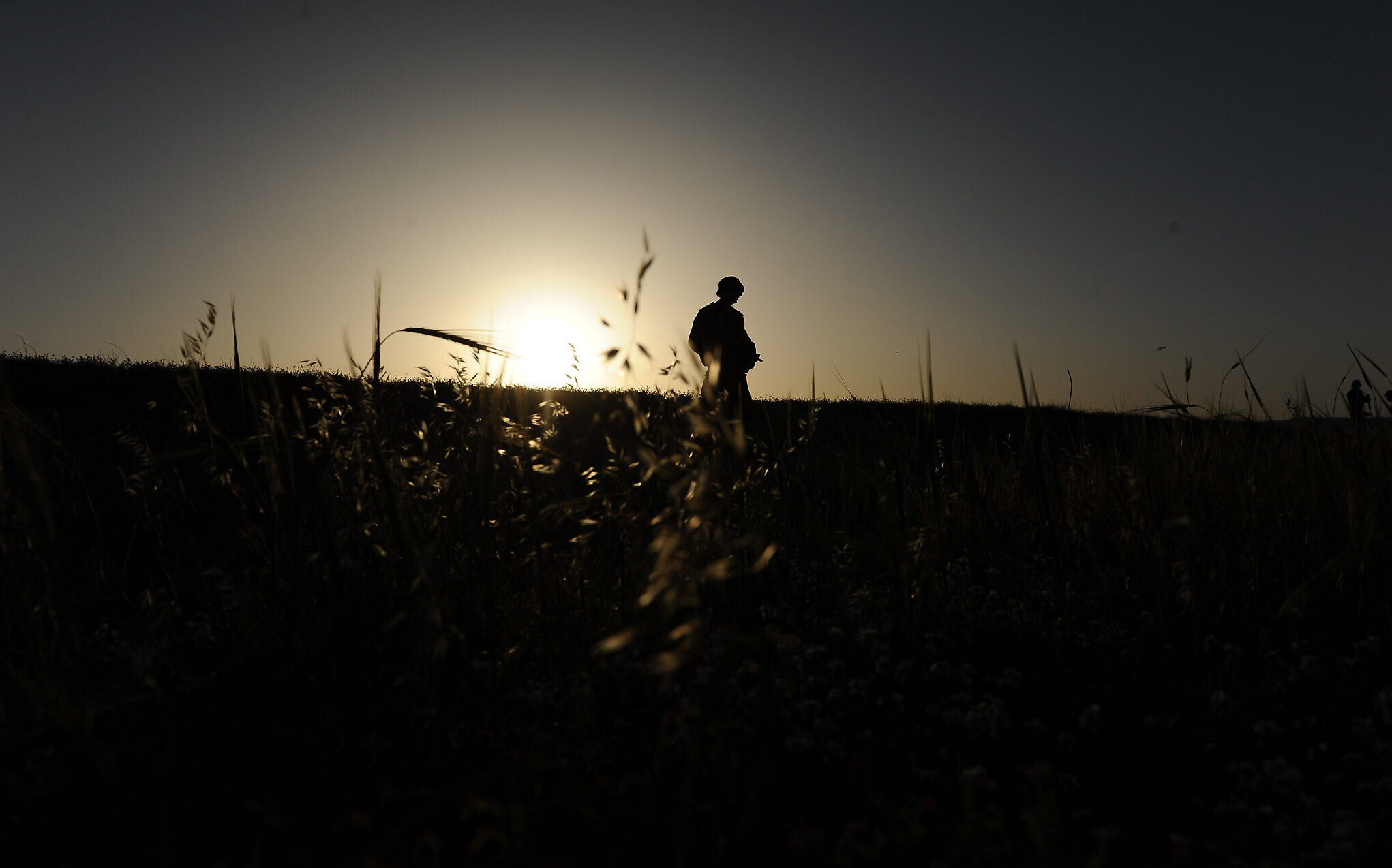
According to the data released in January 2025, which reflects a total of 15 months out of the 21 months of war, up to 28 soldiers were believed to have died by suicide since Hamas attacked Israel on October 7, 2023. An additional 10 suspected suicides occurred earlier in 2023, before the war began, making a total of 38 over two years.
These figures mark a sharp increase compared to previous years: 14 suspected suicides were recorded in 2022, and 11 in 2021.
Overall, the total number of deaths in the IDF during 2023-2024 — including combat fatalities — was the highest in decades, largely as a result of the ongoing war.

Shelef cautioned that such figures could be misleading if viewed without context, noting that the war has not only directly impacted death rates but also significantly increased the IDF’s overall size, with hundreds of thousands of reservists called up since the war began on October 7. A larger force will inherently lead to a higher number of suicides, even if the rate per capita remains unchanged.
“Once you start talking numbers, you have to do so responsibly and look at the whole picture,” Shelef emphasized.
“This war is a difficult one, and it has dragged on for so long,” Shelef said, noting that the prolonged fighting has placed sustained psychological pressure on soldiers.
Unlike shorter operations in the past, this conflict has exposed troops to ongoing trauma, repeated deployments, and little time to recover. Many are balancing military service with personal and financial stress, especially IDF reservists.
As a result, a military official told The Times of Israel that the IDF has significantly expanded its mental health infrastructure since the outbreak of the war, deploying over 1,000 mental health officers across active and reserve units — including within Gaza — to assist soldiers dealing with trauma and psychological stress. Each brigade now includes a dedicated mental health officer, and a 24/7 hotline staffed by professionals is available for both active-duty and reserve troops. The hotline can be reached by dialing *6690, extension 3.

The military’s mental health division also operates across all combat zones, offering crisis response, psychological first aid, and support for soldiers returning from battle. Specialized centers were set up in the early stages of the war to treat post-traumatic symptoms, including an intensive day-treatment facility that was later replaced by the Resilience Center, which continues to provide tailored support to combat soldiers.
The IDF has said that in every suspected suicide case, a formal military investigation is launched, findings are shared with the family, and independent reviews are conducted to draw lessons.
According to Shelef, the Defense Ministry also launched a comprehensive plan in light of the war to assist those in need of mental health services, consisting of a “rehabilitation before bureaucracy” policy and individualized support.
In March, the Defense Ministry’s Rehabilitation Department, responsible for reintegrating injured IDF veterans and security personnel into civilian life by providing them with social services and financial support, said it received some 16,000 soldiers since the beginning of the war.
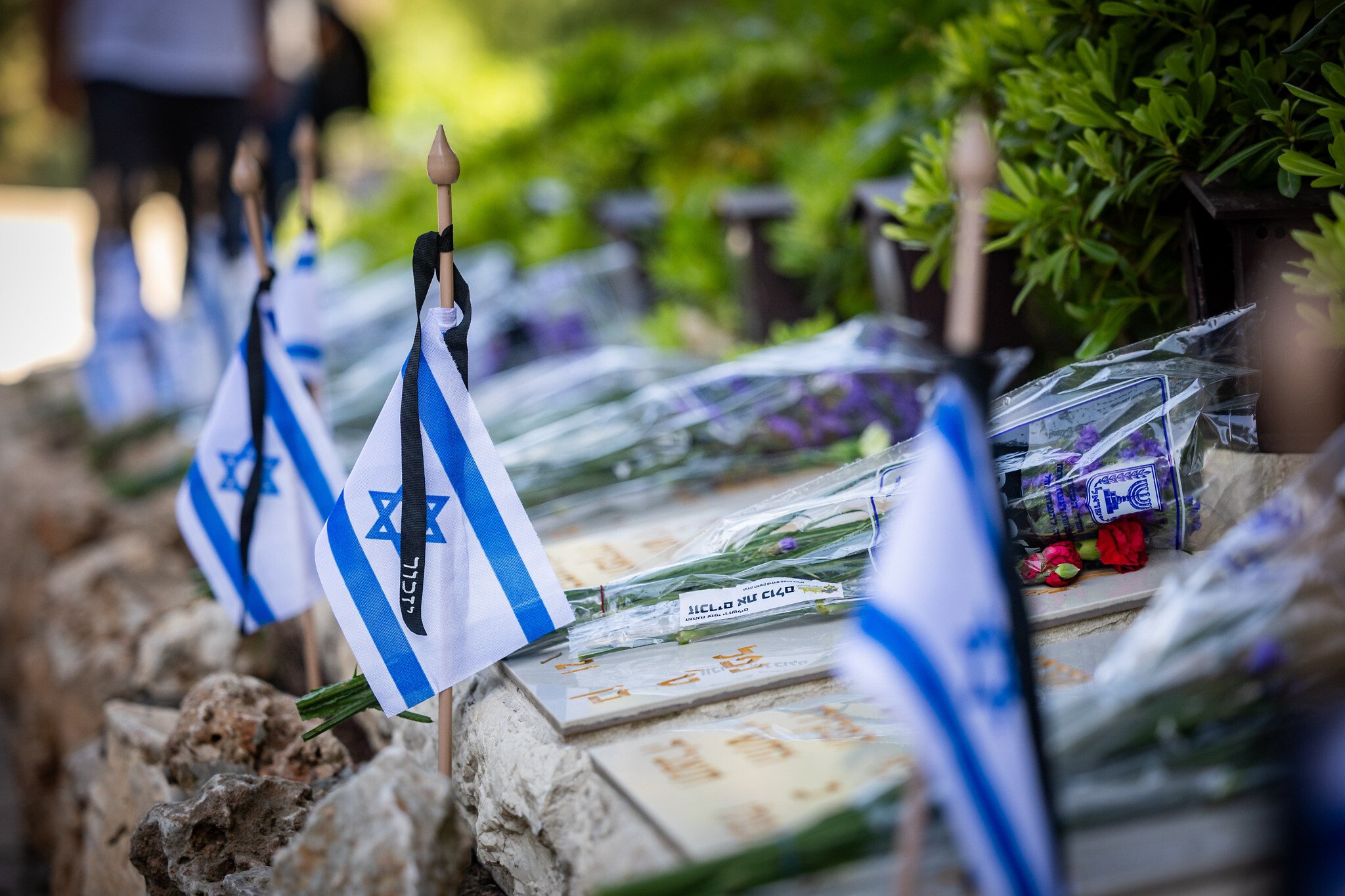
Furthermore, Shelef highlighted the work of non-profit organizations in providing assistance to Israeli security personnel suffering from PTSD. One such organization is MOSHE, which, according to its website, “aims to dramatically reduce suicide rates and save lives through effective, short-term community-based interventions.”
Despite efforts to address the military’s deepening mental health crisis, reports of soldiers slipping through the cracks have recently made headlines, as in Edri’s case. According to his mother, Edri sought assistance from the Defense Ministry, but the process of being recognized as having PTSD is lengthy.
In cases like Edri’s, Shelef emphasized the need for greater public awareness and education on how to support individuals struggling with suicidal thoughts.
“If you see that someone is in a poor mental state, you must stay with them until they receive treatment,” she said. “We need to teach the public how to recognize signs of distress — what’s normal and what’s not, when it’s time to seek professional help, and what treatment options are available.”

While the recent wave of suicides has focused attention on the mental health of active-duty soldiers, experts warn that a broader mental health crisis may be looming among the next generation of recruits.
ELEM, Israel’s leading nonprofit for at-risk youth, recently reported a 47% increase in emotional support requests, with nearly 5,000 teens receiving assistance through its digital platforms.
These teens — many of whom are still grappling with trauma from the war and its aftermath — will soon be Israel’s future soldiers, and experts caution that unresolved emotional struggles could significantly impact their mental well-being during military service.
“Teenagers’ experiences [during the war] go beyond the experiences of the rest of Israeli civilians,” said Shelef. “They are also going through their coming of age, in which they face other developmental processes between childhood and adulthood,” such as shaping their identity and navigating emotional independence.
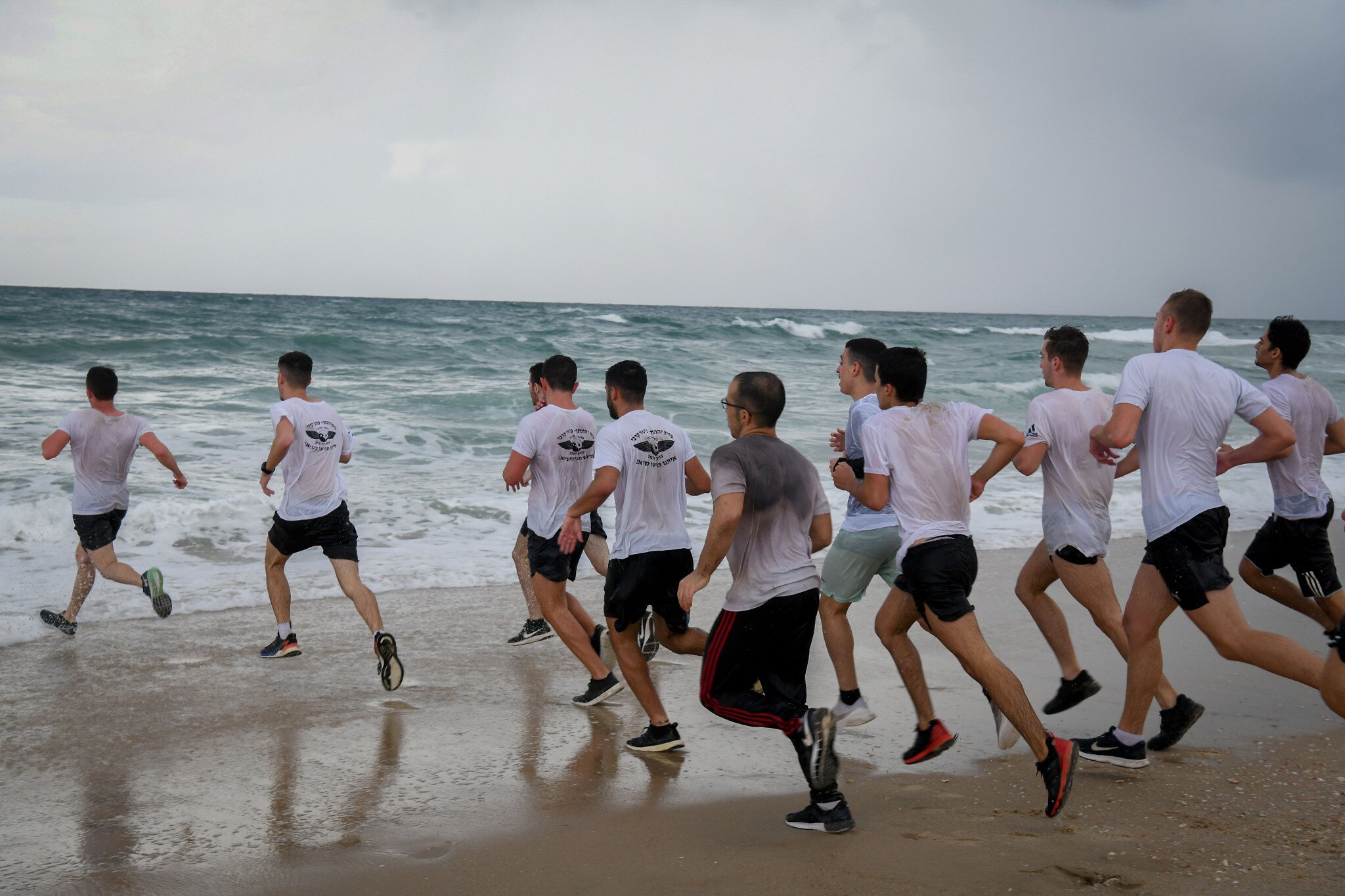
According to Shelef, the turbulent and complex times Israel is currently experiencing — marked by both existential conflict and internal societal divisions — amplify the already difficult dilemmas adolescents face.
“Over time, not everyone’s conditions continue to worsen,” she noted. “It depends on the degree of trauma.”
For example, someone who has experienced the death of a loved one is more likely to suffer deeper and longer-lasting effects than someone affected by a more distant loss.
Several additional factors — including family stability, socioeconomic conditions, and exposure to substance abuse — can also influence a young person’s emotional resilience.
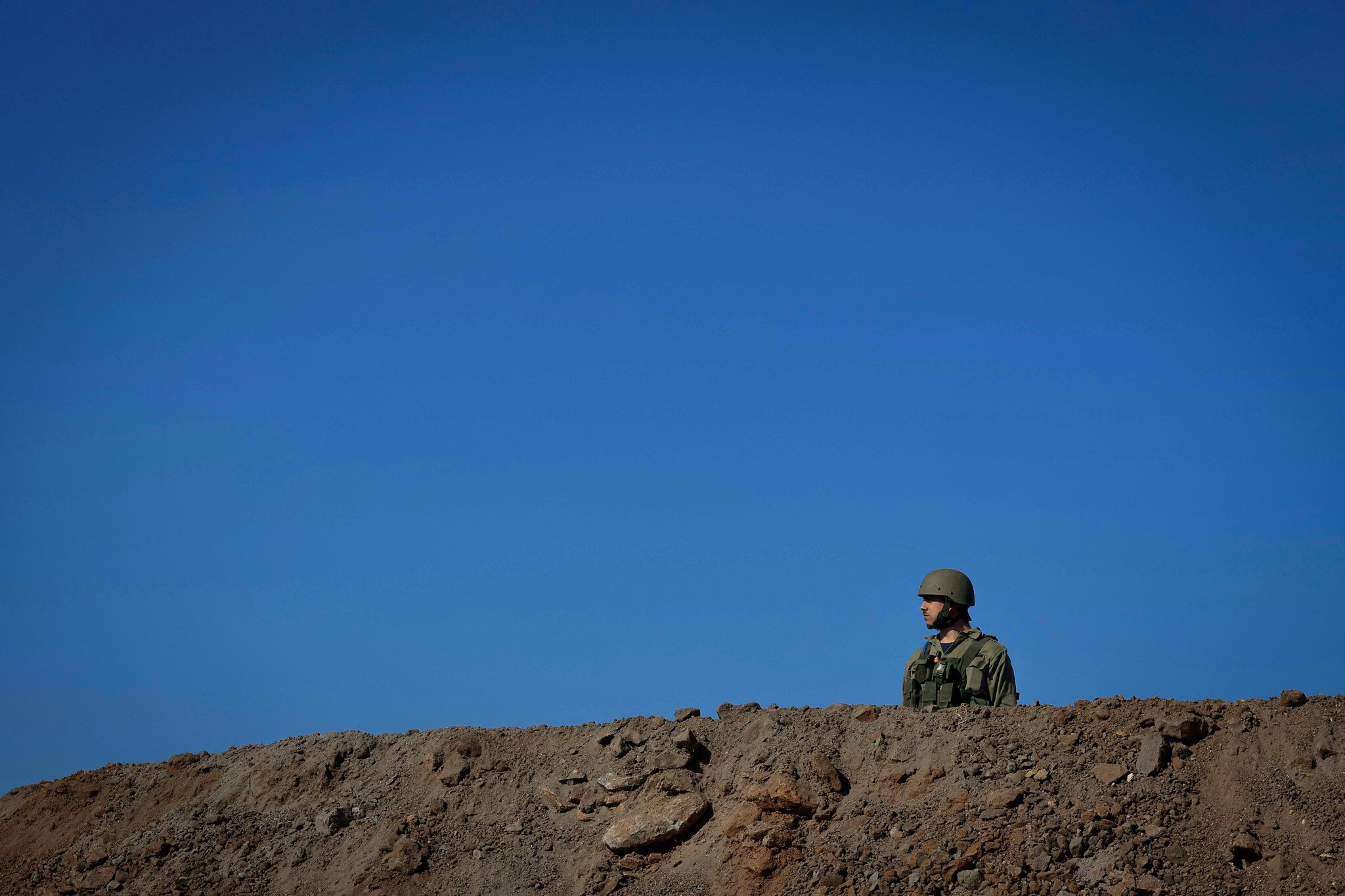
As the IDF contends with the immediate mental health needs of its current soldiers, Shelef and others warn that preparing for the psychological challenges of tomorrow’s conscripts is equally critical in preventing future suicide attempts.
“Every person who commits suicide is a horrible tragedy within itself,” said Shelef. “Behind every statistic is a soldier, and behind every soldier is his family, his partner, and his friends.”
